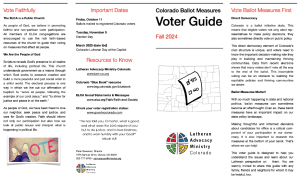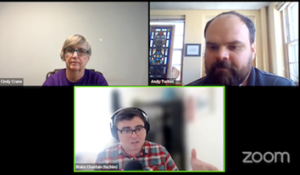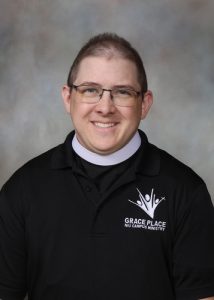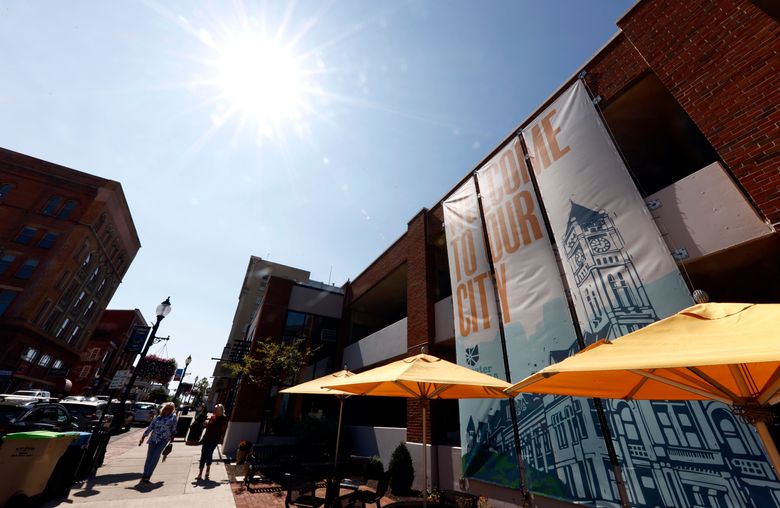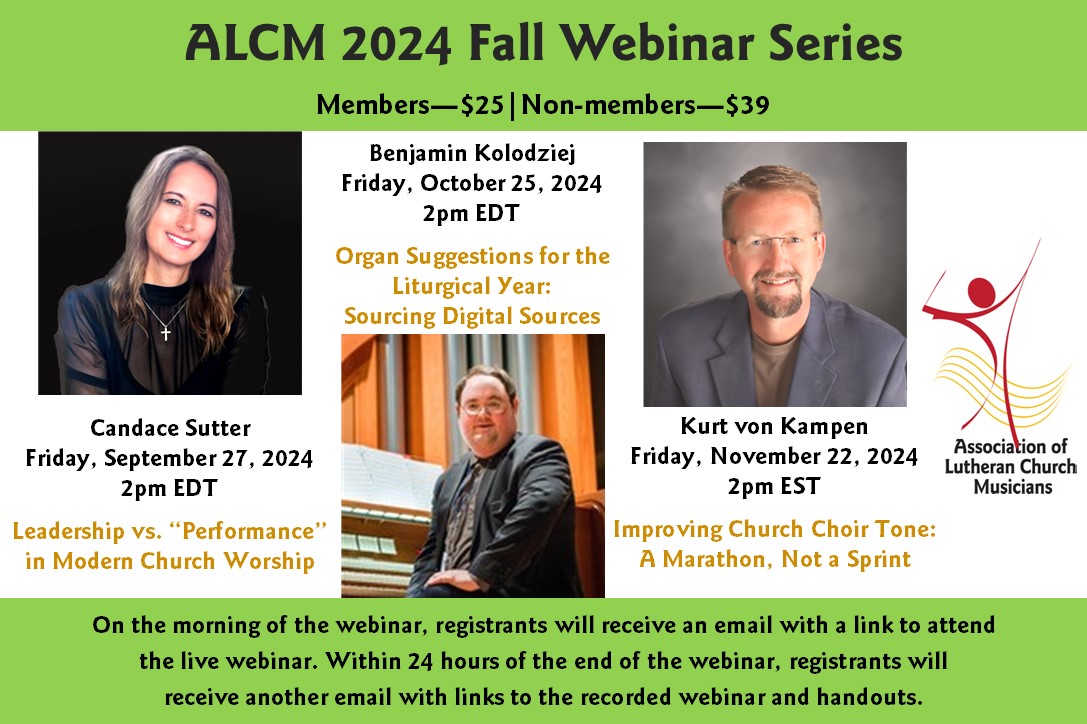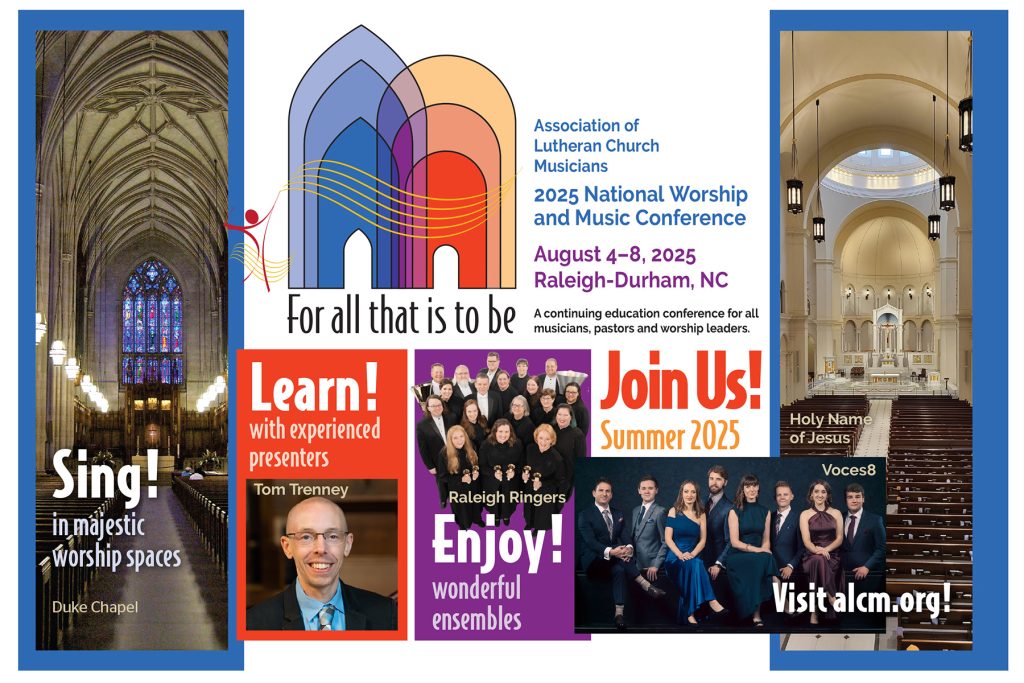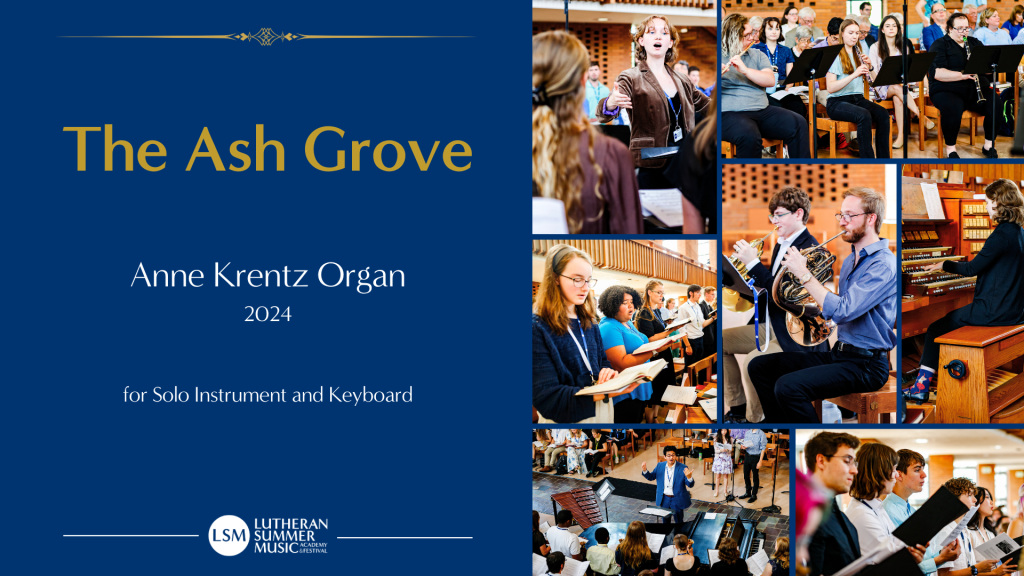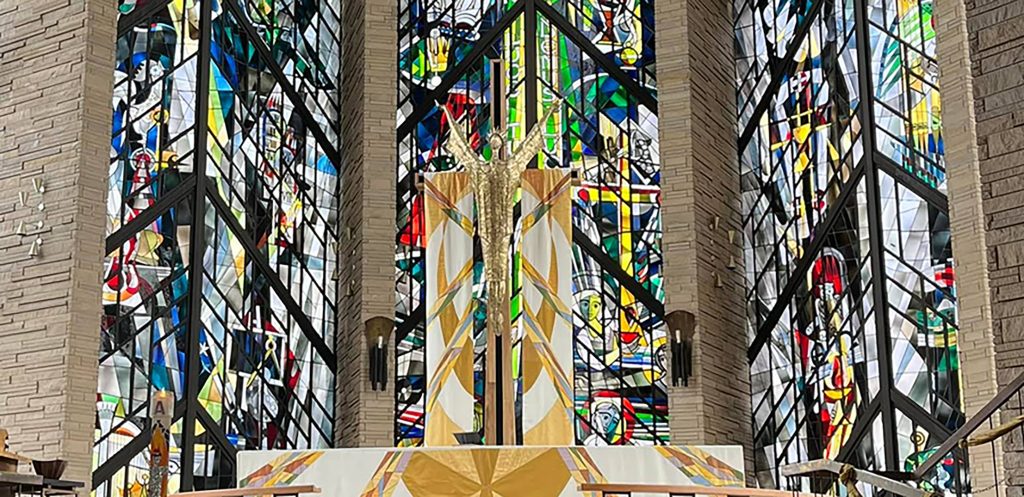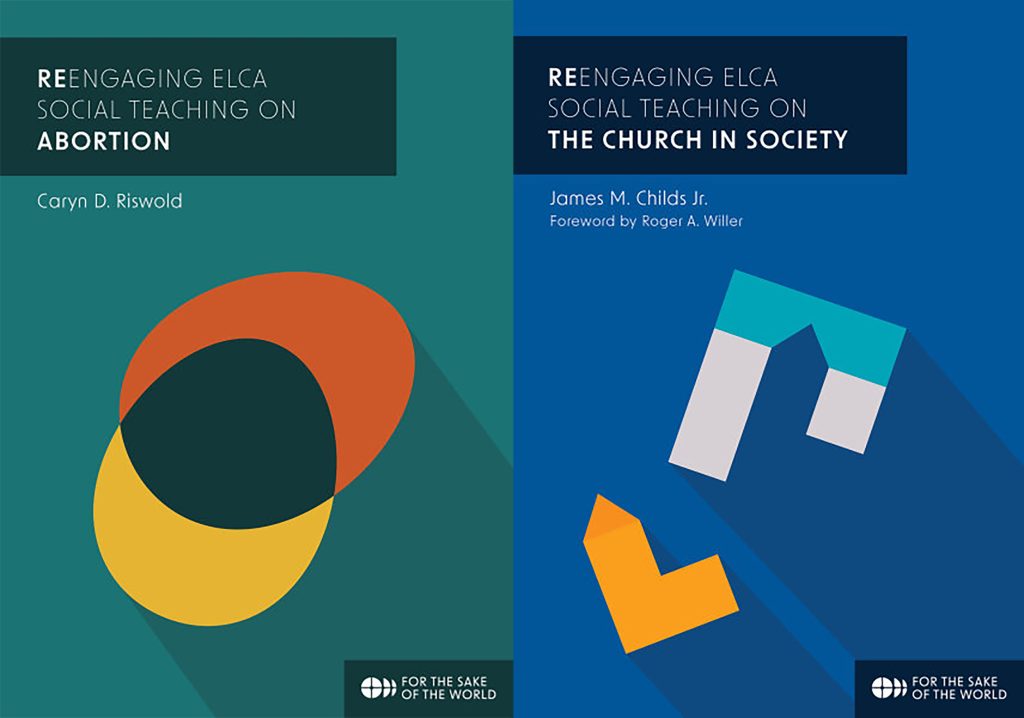Following are updates shared from submissions of the Lutheran Office for World Community and state public policy offices (sppos) in the ELCA Advocacy Network this month. Full list and map of sppos available.
UN | COLORADO | MINNESOTA | PENNSYLVANIA | WISCONSIN
U.N.
Lutheran Office for World Community (LOWC), United Nations, New York, N.Y. – ELCA.org/lowc
Christine Mangale, Director
International Tax Cooperation: The United Nations adopted terms of reference on International Tax Cooperation in August, despite opposition by the United States and other developed Organization for Economic Co-operation and Development (OECD) countries. The terms of reference (ToR) are the ground rules and procedures for all member states to engage in intergovernmental negotiations and the subsequent investments in these processes required to ensure their facilitation. While the European Union opposes these negotiations (along with the OECD) their members abstained rather than vote against, which allowed the ToR to be adopted.
The social statement Sufficient, Sustainable Livelihood for All supports monitoring of taxation policy. It calls for, among other things: corporate governance that is accountable for the effects of a company’s practices on workers, communities, and the environment here and throughout the world; scrutiny of the tax breaks, subsidies, and incentives many companies receive, to assure that they serve the common good; enforcement of laws to prevent the exercise of inordinate market power by large corporations; and appropriate government regulatory reform so that governments can monitor private sector practices more effectively and efficiently in an ever-changing global economy (p. 14).
UN General Assembly Summit of the Future: Lutheran Office for World Community (LOWC) will be hosting a high-level delegation from the LWF and ELCA who will represent LWF at the UN General Assembly (UNGA) and the Summit of the Future. The UNGA opens on Sep. 10, 2024, and will contain the following elements: General Debate, Summit of the Future. Additionally, there will be high-level meetings on sea level rise, elimination of nuclear weapons and antimicrobial resistance.
The UNGA is a critical decision-making body in multilateral policy generation and accountability. The LWF is both a stakeholder in the global response to the existential issues of our time and a watchdog of these policies to hold states accountable to their decisions. The outcomes of the UNGA and the Summit of the Future will be key UN processes that will influence our strategy for advocacy engagement moving forward to 2025 and beyond.
Colorado
Lutheran Advocacy Ministry Colorado (LAM-CO) – lam-co.org
Peter Severson, Director
2024 VOTER GUIDE NOW AVAILABLE: Lutheran Advocacy Ministry Colorado (LAM-CO) is proud to once again publish our annual Voter Guide, a resource to walk voters through the myriad ballot measures on which Coloradans will be asked to vote this fall. This year, there will be 14 measures on the ballot, the most since 2008. The measures address everything from criminal justice and abortion to same sex marriage and wildlife management.
LAM-CO has taken a position on four of the ballot measures this year: we recommend voting YES on Amendment I, Amendment J, and Proposition JJ, and we recommend voting NO on Proposition 128. We are formally neutral on the rest of the measures, but check out our Guide for more information and analysis about each one, as well as information about faithful voting in elections.
View our 2024 Voter Guide here. Ballots will be going out to voters in the mail starting Oct. 11. Happy voting!
Minnesota
Lutheran Advocacy – Minnesota (LA-MN) – lutheranadvocacymn.org
Tammy Walhof, Director
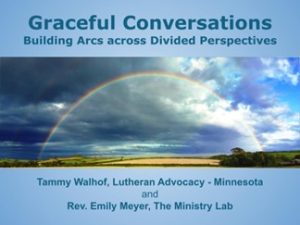 Graceful Conversations: Lutheran Advocacy – Minnesota (LA-MN) and The Ministry Lab (PCUSA & UCC with LA-MN director) have teamed up to share Graceful Conversations: Building Arcs Across Divided Perspectives. It started as a workshop LA-MN Director Tammy Walhof initially created ten years ago (and has continued to improve) to help participants think about how we as Christians should ‘be’ in the world as we attempt to address ever increasing polarization. With the help of Rev. Emily Meyer, an expert on contemplative practices, it has been transformed into a five-part series of learning, reflection, and practice to help participants make Graceful Conversations part of their core being (1-1.5 hour sessions, with 15-20 minutes of video to be paused at various points for discussion). These sessions do not negate the value of Braver Angels workshops or other depolarizations initiatives. Rather, they are geared specifically to churches. Watch for it on our website soon!
Graceful Conversations: Lutheran Advocacy – Minnesota (LA-MN) and The Ministry Lab (PCUSA & UCC with LA-MN director) have teamed up to share Graceful Conversations: Building Arcs Across Divided Perspectives. It started as a workshop LA-MN Director Tammy Walhof initially created ten years ago (and has continued to improve) to help participants think about how we as Christians should ‘be’ in the world as we attempt to address ever increasing polarization. With the help of Rev. Emily Meyer, an expert on contemplative practices, it has been transformed into a five-part series of learning, reflection, and practice to help participants make Graceful Conversations part of their core being (1-1.5 hour sessions, with 15-20 minutes of video to be paused at various points for discussion). These sessions do not negate the value of Braver Angels workshops or other depolarizations initiatives. Rather, they are geared specifically to churches. Watch for it on our website soon!
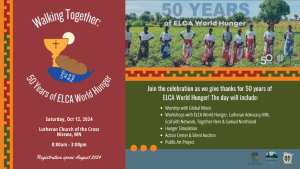 Out & About: Walhof has been meeting, presenting, and sharing resources across the state over the last month, including at a statewide EcoFaith Leadership Retreat, the Saint Paul Area Synod’s Creation Care Task Force Retreat, and the Theological Conference of the Northeastern Minnesota Synod. Don’t forget to invite her to your events! She loves these kinds of opportunities, especially now that things are happening in-person again.
Out & About: Walhof has been meeting, presenting, and sharing resources across the state over the last month, including at a statewide EcoFaith Leadership Retreat, the Saint Paul Area Synod’s Creation Care Task Force Retreat, and the Theological Conference of the Northeastern Minnesota Synod. Don’t forget to invite her to your events! She loves these kinds of opportunities, especially now that things are happening in-person again.
Upcoming Event: Walking Together (Lutheran Church of the Cross, Nisswa, Saturday, Oct. 12) – An event to celebrate the 50th Anniversary of ELCA World Hunger has been planned by the Northeastern Minnesota Synod, with LA-MN as co-sponsor. All of Region 3 is invited.
Pennsylvania
Lutheran Advocacy Ministry – Pennsylvania (LAMPa) lutheranadvocacypa.org
Tracey DePasquale, Director
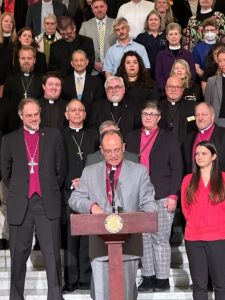
Bishop Christopher deForest (center), bishop of the Northeastern Pennsylvania Synod, speaks at the event at the Pennsylvania State Capitol.
On Sept 5. approximately 100 religious leaders of various faith traditions from across the state gathered at the Pennsylvania Capitol to issue a call for peace during this election season. Acknowledging the current climate of political unrest and polarization, they pledged to foster dialogue over division and urged civic leaders to use responsible rhetoric, reject all calls for violence, and inspire hope rather than fear.
In a statement signed by more than 350 religious leaders representing more than 3 million Pennsylvanians, they called on their communities and all Pennsylvanians to prioritize understanding over assumptions and commit to truthfulness, recognizing the real harm caused by misinformation. They called on people of faith across the Commonwealth to commit to courageous peacebuilding and to sign on in support of the statement. Listen to more coverage on public radio!
Lutheran Advocacy Ministry in Pennsylvania (LAMPa) was honored to partner with these leaders and encourages all people of faith in Pennsylvania to add their name and continue the work of building up peace.
LAMPa is offering skills training for peacebuilding throughout September and October and will launch a 40-day devotional for election season on Sept. 27. Sign up here to receive a daily emailed reflection written by Pennsylvania rostered leaders and seminarians.
Oct. 18-19 – Join us virtually or in person at the Gettysburg campus of United Lutheran Seminary for “Hope in a Divided World: Dietrich Bonhoeffer’s This-Worldly Christianity as an Antidote to Christian Nationalism.” Registration is now open.
Wisconsin
Lutheran Office for Public Policy – Wisconsin (LOPPW) loppw.org
The Rev. Cindy Crane, Director
Podcaster and Author Blake Chastain shares his story about responding to Christian Nationalism and the problems the movement presents. Hear about some of the themes in his book, “Exvangelical and Beyond: How American Christianity Went Radical and the Movement That’s Fighting Back,” coming out later this month.
We have more resources on Christian Nationalism on a new page on our website.
Frances Dobbs Ended her Year as a Hunger Advocacy Fellow. She left behind fruits of her work including a unique immigration resource, Undocumented in Wisconsin 2024, and presentation on hunger in Wisconsin and on Healthy School Meals for All.
Voting
Lutheran Office for Public Policy in Wisconsin (LOPPW) has been reaching out to congregations with information on how adults and youth can find opportunities to be civically engaged on Nov. 5. We are grateful for a grant that our four ELCA state public policy offices received to support this work.
Responding to Two Synod Resolutions
In the spring, LOPPW was included in resolutions from the Greater Milwaukee Synod and East Central Synod of Wisconsin requesting that we support the synods in addressing money in politics. Both resolutions supported Wisconsin United to Amend. In August, the director gathered the key authors of the resolutions from each synod to explore how to work together. She also reached out to La Crosse Area Synod, which passed a similar resolution. With feedback from the meeting, she also met with the director of Wisconsin United to Amend to discuss empowering ELCA members to lead workshops and take other actions.

